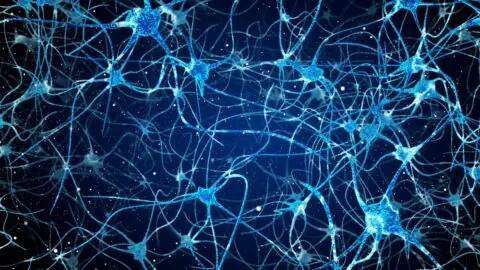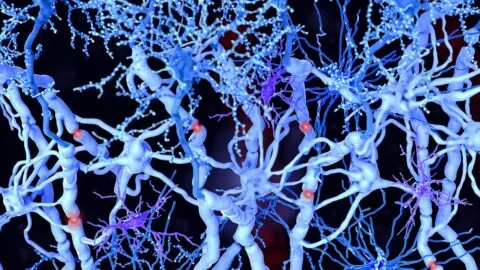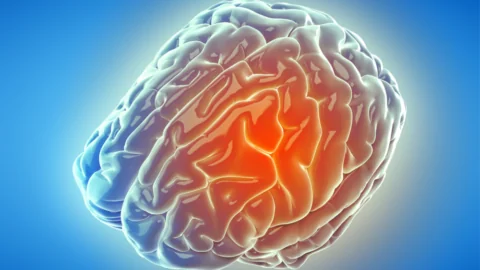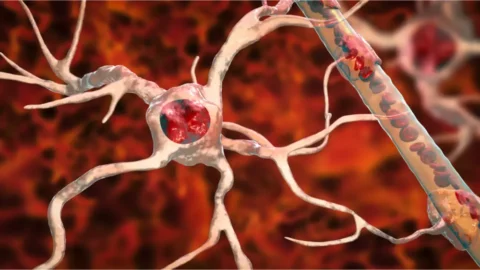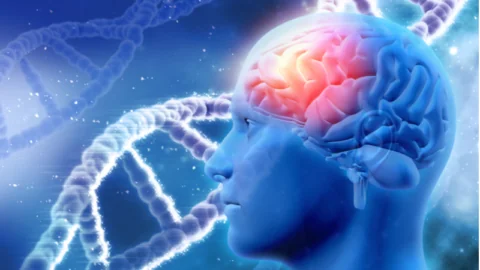April 09, 2024
Scientists have found that partial cellular reprogramming, both full-body and restricted to specific brain regions, rescues neurogenesis in the brains of old mice [1]. Cells going back in time Yamanaka Factors - Opportunities for RejuvenationDrs. Takahashi and Yamanaka showed that they could use Oct4, Sox2, Klf4, and c-Myc (OSKM) to reprogram cells back to pluripotent, embryonic...
March 24, 2024
In Cell, researchers have published a paper outlining the different ways in which brain cells slowly mutate with aging. The genomic damage of aging Cells accumulate mutations with aging, including brain cells [1]. However, as these researchers note, most previous research into these mutations has been on neurons rather than the glia, the helper cells...
October 09, 2023
A study published in Cell Reports has shown how the activation of a common protein in neurons improves memory in both worms and mammals. Common between animals This paper begins with a striking fact: C.elegans worms, mice, and people all lose memory with age [1] and for at least one of the same reasons: the...
August 07, 2023
Scientists publishing in Nature have explained a key pathway that leads to immune dysfunction and neurodegeneration in aging. Feeling the STING Throughout this paper, the researchers cite other papers demonstrating a cause-and-effect relationship between initial damage and long-term effects. Perturbed mitochondria release their mitochondrial DNA (mtDNA) into the internal liquid (cytosol) of microglia, the helper...
May 17, 2023
Publishing in Aging, a team of Chilean researchers has described a relationship between gene shifts in the brain and neurons not getting the energy they need. Greedy glia BrainThe brain is perhaps the most important organ in the body. While many organs are critical to our survival, the brain contains the self. It is responsible...
September 26, 2022
A paper published in Cell Metabolism has reported on a metabolic shift in neurons derived from patients with Alzheimer's disease, showing that they express a cancer-like phenotype [1]. Induced neurons Rather than attempting to harvest live neurons from Alzheimer's patients, the researchers chose to create induced neurons (iNs) from the fibroblasts of these patients, comparing...

